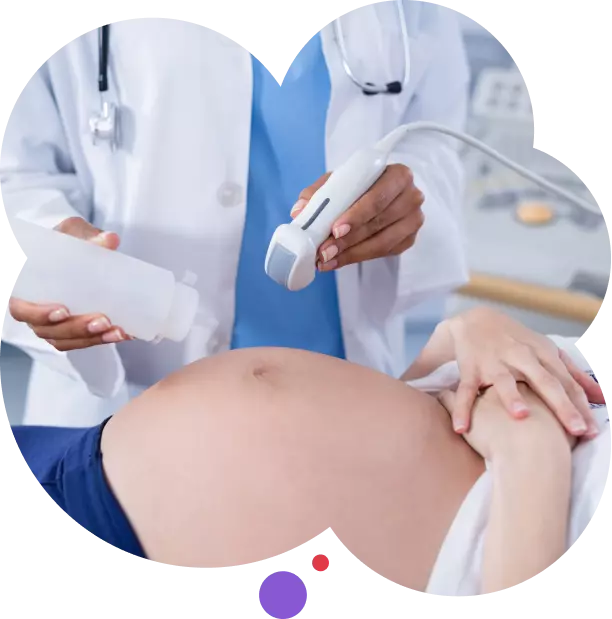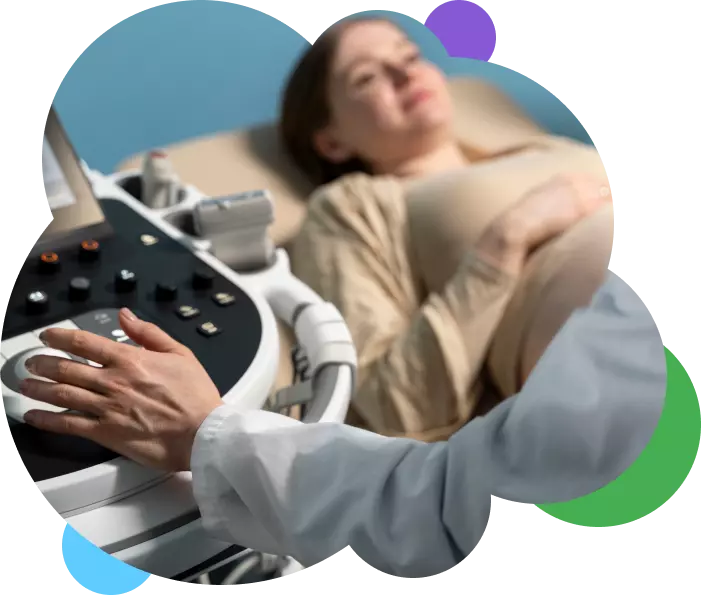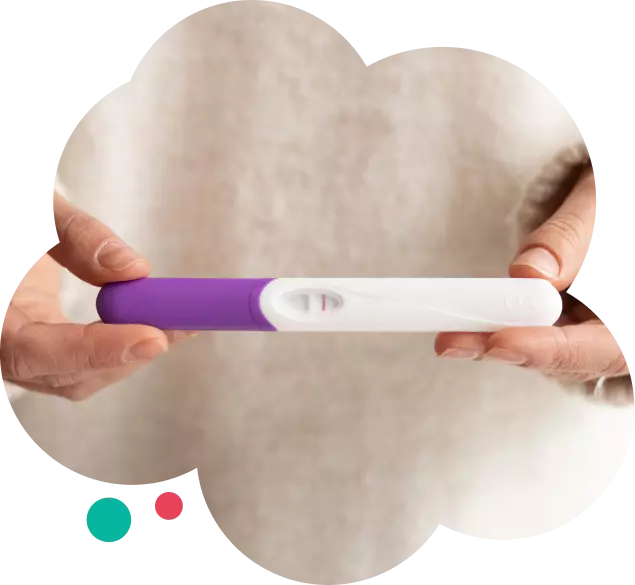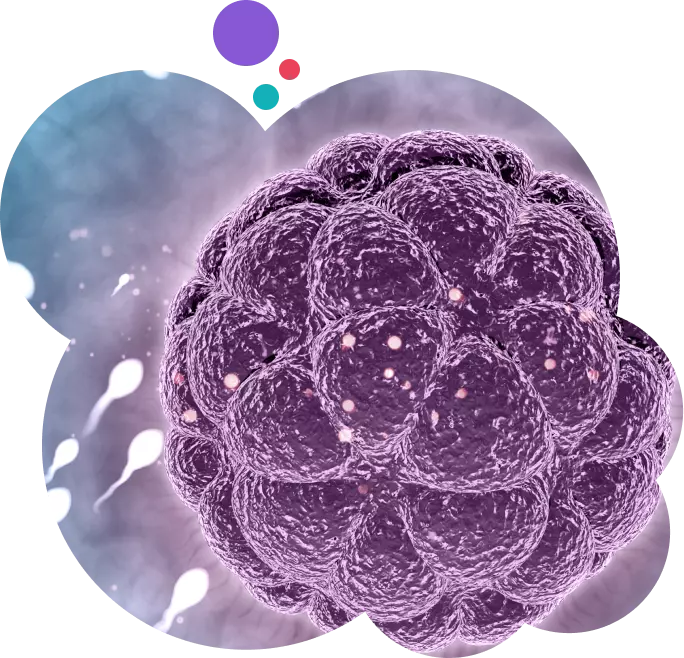
Mini IVF, or Mini In Vitro Fertilization, is a streamlined approach to traditional IVF. Designed to reduce medication use and minimize costs, it offers an effective alternative for those seeking fertility treatment. This method focuses on achieving successful outcomes with fewer hormonal injections.

Mini IVF is a fertility treatment that uses lower doses of ovarian stimulation medications compared to conventional IVF. The goal is to produce fewer eggs with an emphasis on enhancing egg quality, while minimizing side effects and reducing costs.
The process involves less aggressive ovarian stimulation, making it a gentler option for women sensitive to standard IVF protocols. This approach often results in fewer but potentially higher-quality eggs.
Mini IVF also reduces the risk of ovarian hyperstimulation syndrome (OHSS) and other complications. It is particularly suitable for women with certain medical conditions or those who have experienced unsuccessful IVF cycles.
Mini IVF starts with a reduced dose of fertility medications to stimulate the ovaries. This is typically administered over a shorter period compared to traditional IVF. The aim is to produce a smaller number of high-quality eggs rather than a larger quantity.
During the stimulation phase, the development of the eggs is closely monitored through ultrasounds and blood tests. Once the eggs reach the appropriate size, they are retrieved using a minor surgical procedure under sedation. This step is similar to that in conventional IVF but with a lower risk of complications.
Following egg retrieval, the eggs are fertilized in the lab using sperm. The resulting embryos are cultured for a few days before transfer. The final stage involves transferring one or more embryos into the uterus, aiming for successful implantation and pregnancy.


Mini IVF is suitable for:
This approach can be beneficial for women seeking a less intensive fertility treatment option.


The benefits of Mini IVF include:
Mini IVF offers a less invasive and more cost-effective alternative to conventional IVF, while still providing the opportunity for successful conception.
Mini IVF uses lower doses of medication and aims for fewer, higher-quality eggs, whereas traditional IVF often involves more medication and results in a higher number of eggs.
Mini IVF can be as effective as traditional IVF for many patients, especially those with a lower ovarian reserve or who have experienced side effects from standard treatments.
Mini IVF has fewer risks compared to standard IVF, including a reduced chance of ovarian hyperstimulation syndrome (OHSS) and fewer side effects due to the lower medication doses.
The Mini IVF process typically takes about 4-6 weeks from the start of ovarian stimulation to the embryo transfer, which is similar to the timeline for traditional IVF.